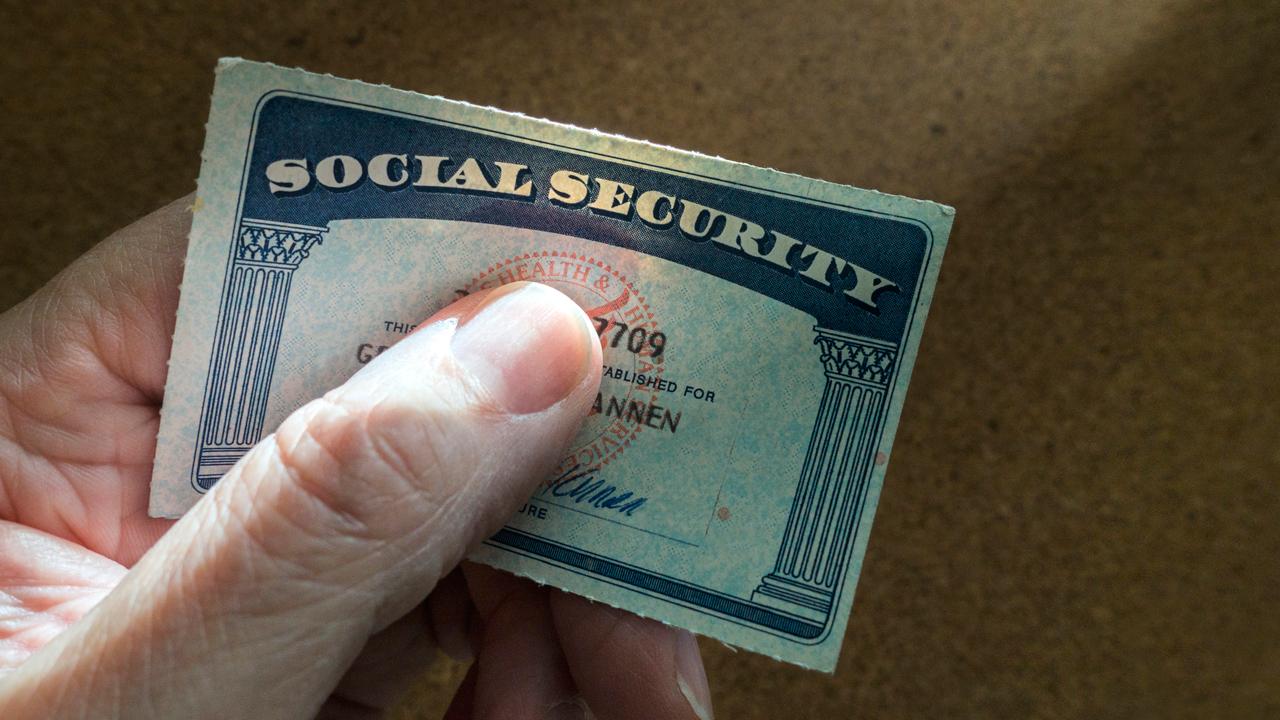Baby boomers aren't to blame for Social Security troubles, study suggests
Baby boomers are often blamed for putting a strain on Social Security, but a new study has found that the generation may not actually be responsible.
A new report from the Center for Retirement Research at Boston College has found that the problems facing Social Security today are a result of the way the program was developed in the late 1930s.
Social Security programs have increasingly been facing the threat of long-term insolvency. An official forecast released in late April projects the 84-year-old Social Security program will only be able to pay about 80 percent of the benefits promised in 2035.
“At or around 2034, you're either going to have to cut Social Security benefits very sharply or you're going to have raised taxes to basically keep benefits as they were," MarketWatch columnist Brett Arends told FOX Business’ Neil Cavuto at the time.
Social Security and Medicare currently account for 45 percent of federal spending in the U.S. Economists have also projected that the cost of the entitlement programs is estimated to be nearly 8.7 percent of GDP in 2019.
According to the study, the troubles with Social Security began in its earliest year. Originally, Social Security was more similar to a private insurance plan, where a trust fund would have been accumulated. However, an amendment in 1939 added spouses and survivor benefits, which had been previously unfunded.
In those early years after the amendment was passed, retirees received more than they had contributed, according to the study.
“The decision essentially gave away the trust fund that would have accumulated and, importantly, gave away the interest on those contributions,” the report said.
The study referred to this as the “Missing Trust Fund.” That missing fund, along with the fact that Social Security is a “pay-as-you-go” system, makes it more expensive to maintain today.
Being a “pay-as-you-go” system means that "today's workers pay Social Security taxes into the program and money flows back out as monthly income to beneficiaries," the National Academy of Social Insurance explains online.
Though there was a buildup of reserves after a 1983 amendment to prepare for baby boomers, there wasn’t enough to fully fund the program. Workers would still have to contribute 14.3 percent in order to maintain a 36 percent replacement rate, according to the study. That is 3.7 percent more than if Social Security had already been fully funded over time.
“Essentially, the full amount of the shortfall can be attributed to the fact the program does not have a trust fund producing interest,” the report said.
CLICK HERE TO GET THE FOX BUSINESS APP
The report also found that instead of causing problems for Social Security, baby boomers — people born between 1946 and 1964 — will actually have paid more into Social Security than they are set to receive because of the 1983 buildup.
The report suggested two solutions to the problems with Social Security, either to raise taxes permanently to replace the missing interest from the “Missing Trust Fund” or to increase taxes by a higher amount temporarily “until a trust fund consistent with a fully funded program is built up.”
Fox Business’ Jennifer Earl and Elise Oggioni contributed to this report.




















